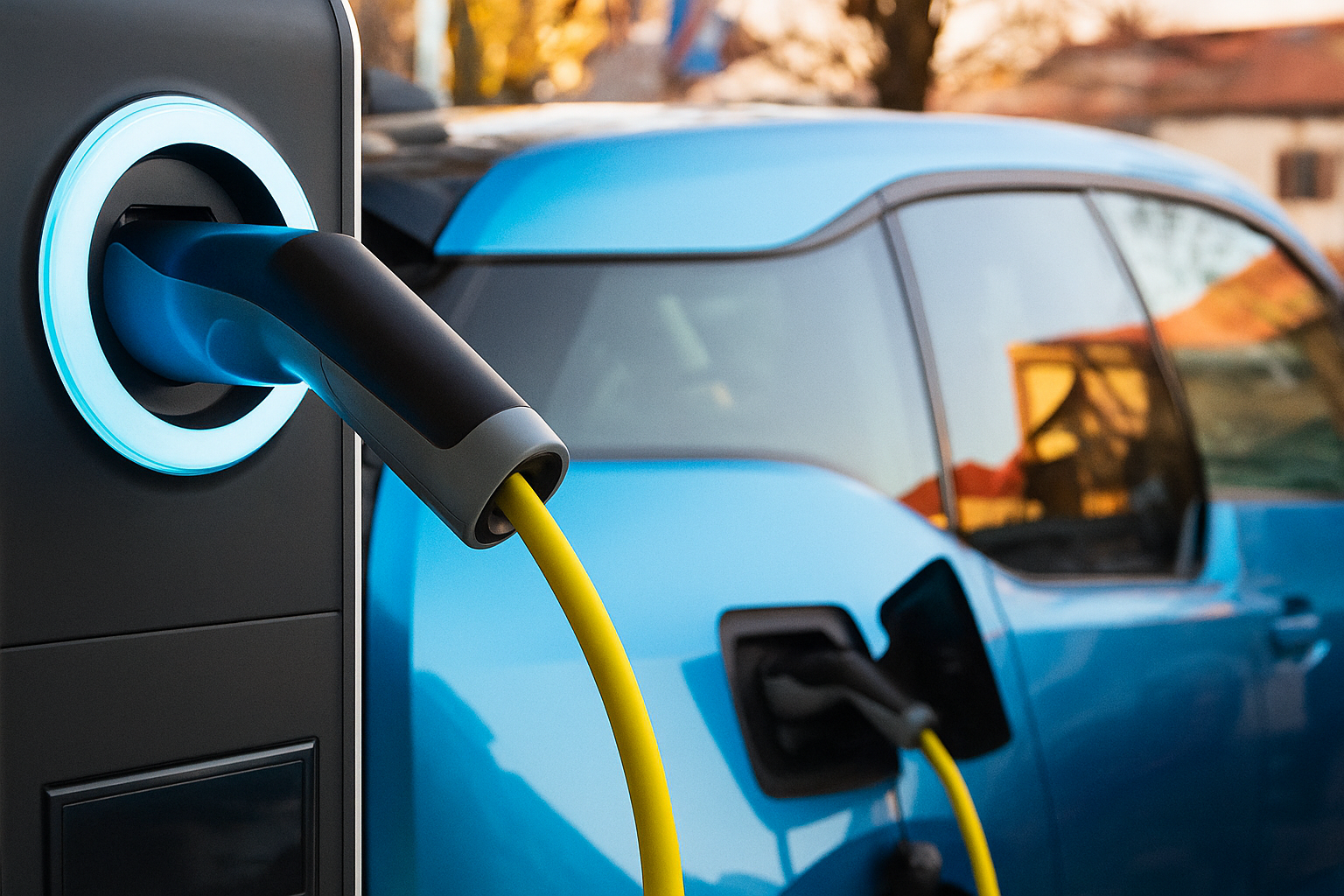



India is implementing a "Battery Passport" system for EVs, offering owners detailed digital information via QR codes on each battery's specifications, lifecycle, and supply chain. This initiative aims to boost safety, quality, and export potential, playing a key role in upcoming battery-swapping policies by ensuring transparency and detailed performance insights.

Copyright infringement not intended
Picture Courtesy: ECONOMICTIMES
India is preparing to introduce a "Battery Passport" system to provide electric vehicle (EV) owners with detailed digital information about the batteries their vehicles use.
It is a new initiative to create a digital record for every electric vehicle battery. This record contains specific information about the battery, all stored digitally and linked to a unique QR code.
What kind of information will a "Battery Passport" contain?
All this data gets included into a special QR code printed directly on the battery.
Enhanced Safety and Quality => By having detailed records of each battery's composition and performance, authorities can better ensure that batteries meet high safety and quality standards. If a problem arises, they can quickly trace its origin.
Boosting India's EV Export Potential => If Indian-made EV batteries come with comprehensive digital passports, they become more trustworthy and appealing in international markets. This can help India export more EVs and batteries worldwide, as other countries will easily access vital information.
Supporting Battery Swapping Policy => India is also working on a "battery-swapping" policy, where EV owners can quickly swap out a depleted battery for a fully charged one instead of waiting for it to charge. The battery passport will be essential here. Users can scan the QR code on a battery at a swapping station to recover its details, ensuring they get a quality, well-maintained battery.
Providing User Information => Since batteries account for nearly 40% of the total cost of an EV, owners want to know about their battery's health and lifespan. The battery passport will provide users clear information about the battery's lifecycle and its performance over time. This transparency empowers EV owners to make informed decisions about their vehicle.
Must Read Articles:
Source:
|
PRACTICE QUESTION Q. "Electric vehicles offer a promising solution to India's urban air pollution crisis." Critically analyze considering both the direct and indirect environmental benefits and potential challenges associated with a large-scale shift to EVs. 250 words |






© 2026 iasgyan. All right reserved